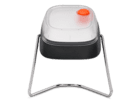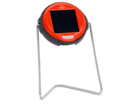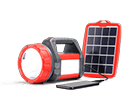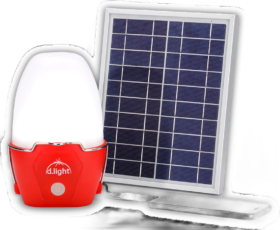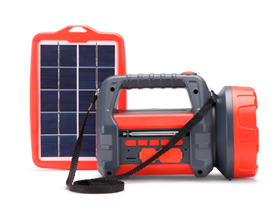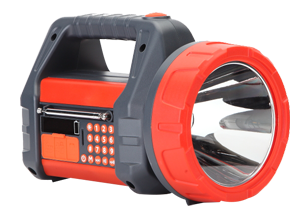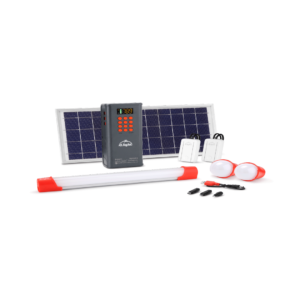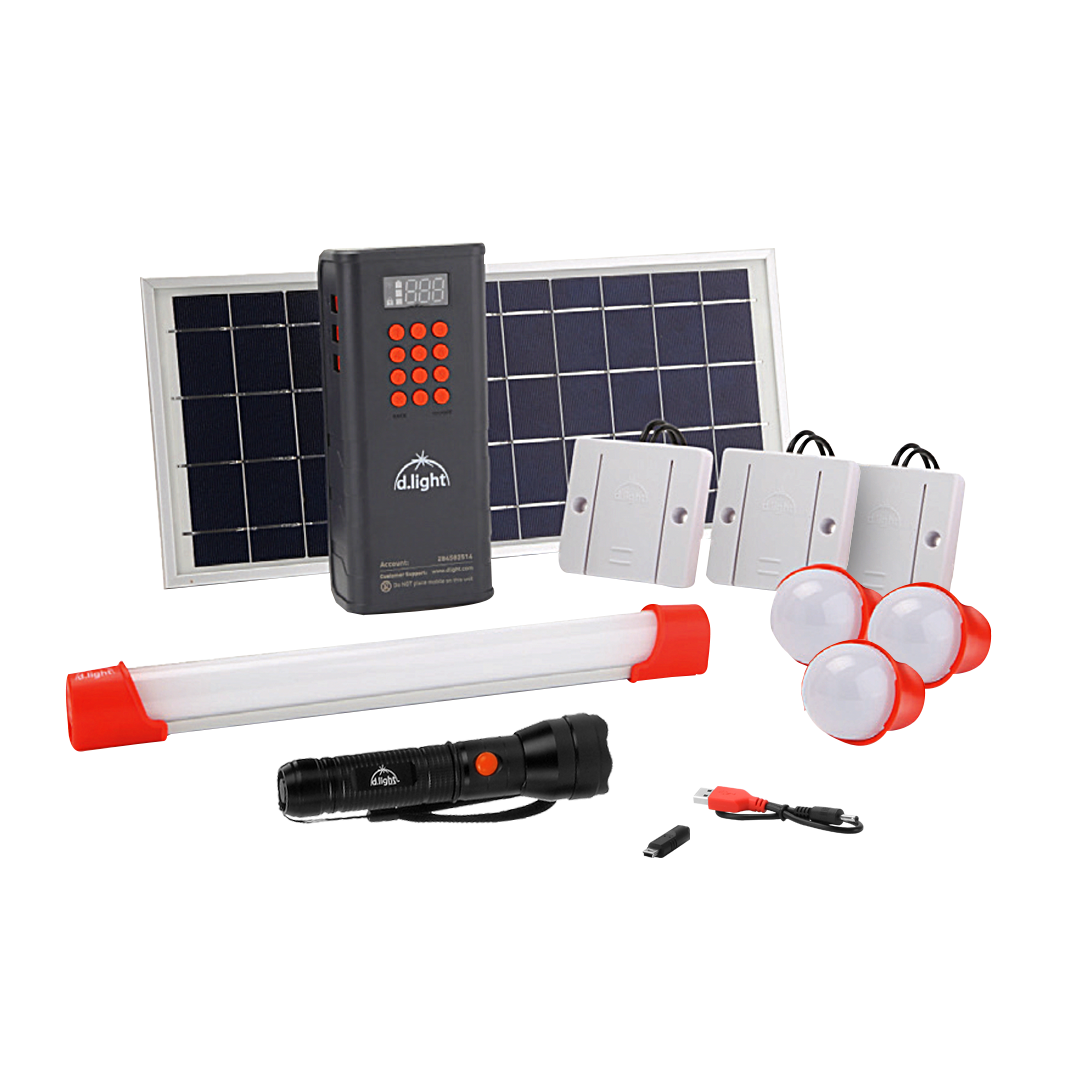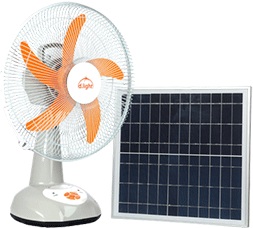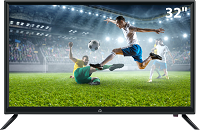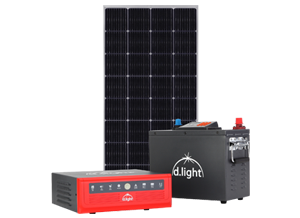The Pros and Cons of Solar Power Kits
Solar power has been a growing trend for the past decade for being an alternative to traditional energy as it is not harmful to the environment alleviates homeowners for the continuously increasing cost of power bills.
Unsurprisingly, many homeowners consider going solar due to the many benefits such as increased savings, ease of installation and increased home value.
Solar Power Kits can contain all or most parts that you will need to start your solar power system. Its sizes can range from small devices that can be used to charge your cellphone to roof panels designed to power an entire house.
Solar power kits are perfect for those who enjoy do-it-yourself projects and want to take advantage of the benefits of solar energy without expending the cost.
Installing a solar system on your own might be a smart choice if you’re handy with tools and know how to calculate the amount of energy your systems would need to produce.
Additionally, you can install most solar power kits yourself and quickly begin to save on your power bills. However, before you start shopping for a kit, take a look at the perks and negatives of solar power kits and decide if it’s right for you.
Pros
Save money
Nearly everyone knows that going solar will help lower monthly energy bills along with reducing your carbon footprint. However, the initial cost of the equipment for a system such as solar panels, inverter, batteries, wiring, for instance, can be expensive. When you include installation, you’ll be adding more to the cost.
When you install the equipment on your own, you can enjoy a lower overall cost. According to the data of EnergySage Solar Marketplace, about ten percent of the total bill of solar panel installation comes from design and installation labor costs. By installing solar with a kit, you can shave some of the overall costs of solar.
Easy Upgrade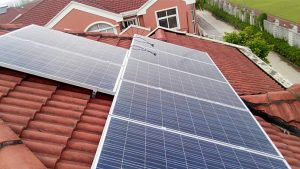
Most solar power kits provide the opportunity to add more solar panels in the future to increase their power-generating capacity if the units installed is not enough to power your home. You can increase the rate of electricity used at any time you want without worrying about the electric bills skyrocketing.
Boost your home’s value
Solar systems generally boost home values. It gives the house an exciting edge that will help it stand out above the rest in the market. Future home buyers value solar energy as a major selling point for the same reason as you do— it helps reduce electricity bills and minimize carbon footprint.
People are willing to pay a premium for a solar-powered home, so they can enjoy the benefits as soon as they move in.
Studies of the real estate market have proven that homes equipped with solar power systems sell for more than non-solar properties. A study by the Lawrence Berkley National Laboratory shows that solar panels increase home value by $14,329 on average which is 3.74% more than their non-solar counterparts.
Cons
Comprehend the Building Codes
Your solar installation is subjected to the city, county, or other municipal building codes. Permits are needed before setting up solar systems for safety, and quality standards which is the same reason as with any other type of building permits for most home improvement projects are required.
In addition to being proof that the solar panel installation was done right, this assures homeowners that their roof is capable of handling the weight of the panel.
A solar installer will be able to help file and complete the permits and applications needed to get your solar energy system up and running, but if you’re doing it on your own, you have to be fully versed with the building codes in compliance to your local rules. Fortunately, there are off-grid solar kits available pre-built and easy to install.
Some kits are incomplete
The price of solar power kits can vary from $50 to tens of thousands of dollars. While some packages include everything you would ever need, down to the nuts and bolts, others might lack some items including the mounting hardware, wiring, or an inverter.
When you’re an amateur, there’s no guarantee that all kits are complete. The less knowledge you have about these, the higher the chances of missing something significant can happen.
No recourse if you make a mistake
The consequences of making a mistake during a solar installation such as frying a charge controller due to wiring it backward can be expensive. If you hire a professional installer, they are the ones paying for any improper installation.
However, if you do it on your own, you might spend more on rectifying your blunders than you did when you bought the kit or if you ever hire a professional.
Get approval from your utility
Before your solar system can be turned on and connected to the electrical grid, the support of your utility company or certified electrician is required which is an entirely separate process from your local government approval.
This process known as interconnection is essential as this assures that your system will be safely connected and can operate on the grid in safety. When you install your kit on your own, it’s up to you to know and meet all the requirements before it can be set up. The d.light D30, however, is complete closed circuit without plugging into the grid!
While it’s never easy to install a solar system on your own, the cost-saving options on utility bills, sustainability, and being environmentally friendly make it worth the effort to invest in a home solar kit.
If you think that solar kits are for you, then go for a system that will help you avoid any complications you might face while installing and using them.
D.light is dedicated to providing the most reliable, affordable and accessible solar lighting and power systems. Contact us today to learn more about sustainable lighting products.

